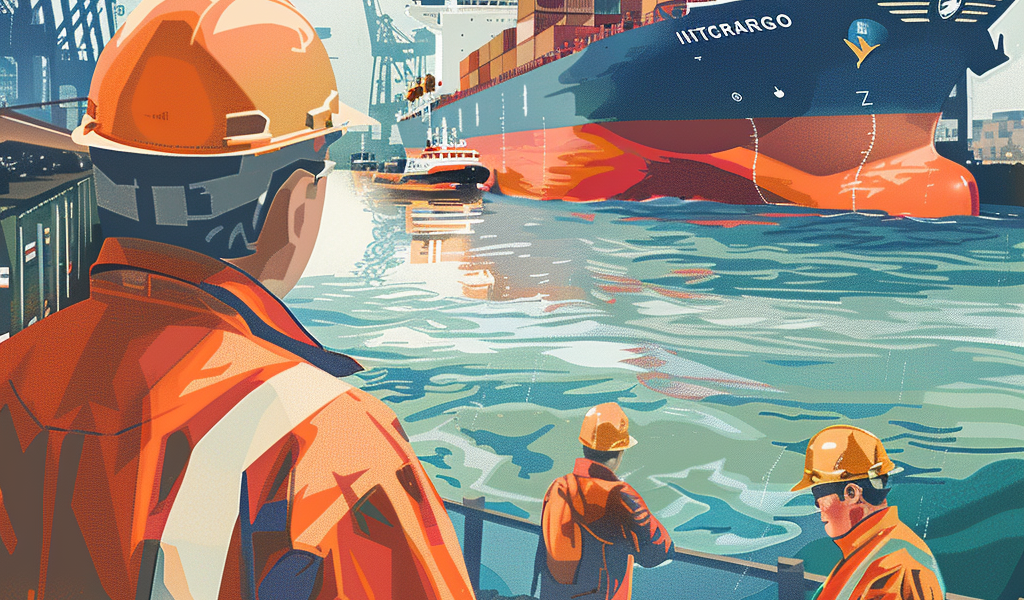INTERCARGO, the International Association of Dry Cargo Shipowners, has raised significant concerns regarding RightShip’s recent policy change that reduces the age limit for bulk carriers eligible for vetting inspections. This decision, which was discussed during the Executive Committee meeting held in London on October 15, 2024, has sparked a wave of apprehension among industry stakeholders.
The core issue lies in the fact that RightShip made this decision without prior consultation with the owners and managers of bulk carriers. These stakeholders are directly impacted by such changes, and their input is crucial for developing effective industry standards. INTERCARGO members believe that operational decisions of this magnitude should involve comprehensive discussions among all relevant parties.
While INTERCARGO fully supports initiatives aimed at enhancing safety and quality standards within the maritime industry, they argue that an inclusive approach is essential. This ensures that the process is fair and allows the industry adequate time to adapt, especially considering the ongoing operational challenges faced by seafarers. The increasing workload on these professionals has already raised serious concerns, making it imperative for all stakeholders to work collaboratively.
In response to the announcement, INTERCARGO has urged RightShip to reconsider the timeline for implementing this new age limit. They point out that the current vetting inspection regime was only introduced two years ago, and a delay in the application of the new age criteria would provide ship operators and seafarers with the necessary time to adjust to the evolving requirements. This adjustment period is crucial for maintaining the high standards of safety and efficiency that the industry demands.
INTERCARGO is committed to engaging with stakeholders across the maritime sector to foster a safer, more efficient, and sustainable future for dry bulk shipping. They are calling on RightShip and other influential players in the industry to adopt a similarly inclusive approach to decision-making.
The implications of RightShip’s decision extend beyond operational challenges; they also touch upon the broader theme of collaboration within the shipping industry. As the maritime sector continues to evolve, the need for cooperative dialogue and shared responsibility among stakeholders becomes increasingly important.
RightShip’s decision to implement a stricter age limit for bulk carriers is part of a larger trend aimed at improving the safety and quality of maritime operations. However, without the input of those who operate these vessels daily, such decisions may lead to unintended consequences that could undermine the very objectives they aim to achieve.
As the industry grapples with these changes, INTERCARGO’s call for a more inclusive dialogue highlights the necessity of stakeholder engagement in shaping policies that affect the future of shipping. The organization emphasizes that the maritime sector thrives when all voices are heard, and collaborative efforts are made to address challenges.
In conclusion, the ongoing discussions surrounding RightShip’s decision reflect the dynamic nature of the maritime industry and the critical need for effective communication among all parties involved. As the situation develops, it will be essential to monitor how these discussions influence future policies and practices within the sector.
With the maritime industry facing numerous challenges, including regulatory changes, technological advancements, and evolving safety standards, the importance of stakeholder collaboration cannot be overstated. The future of dry bulk shipping depends on the industry’s ability to adapt and respond to these changes in a unified manner.
As INTERCARGO continues to advocate for a more inclusive approach, it remains focused on ensuring that the voices of shipowners and managers are integral to the decision-making process. This commitment to collaboration is vital for fostering a resilient and sustainable maritime environment.





